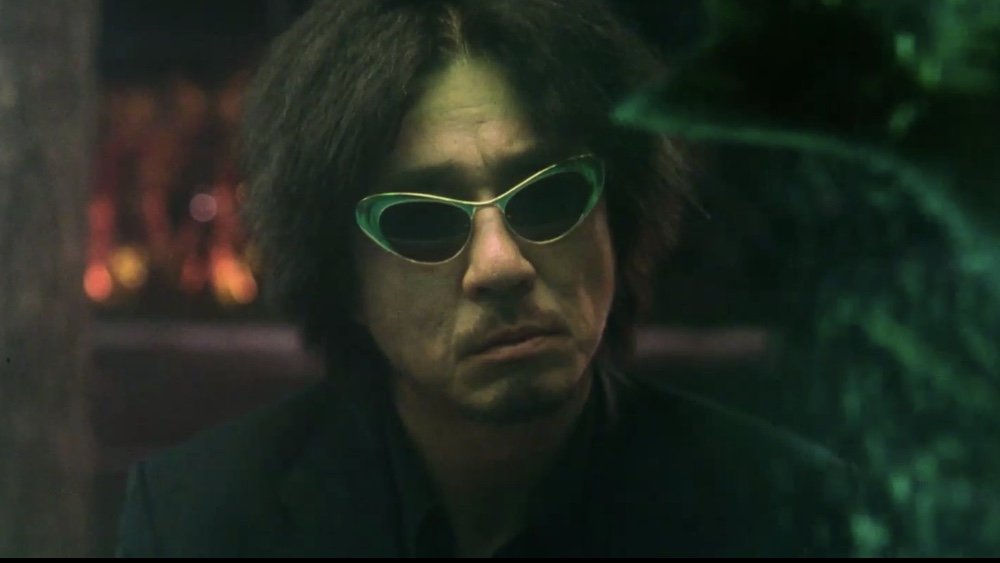How Oldboy Changed the World of Cinema

Burning, Parasyte, and the Handmaiden, to name a few: South Korean cinema has whirled around the world and made headlines repeatedly.
Movies like Train to Busan and series like Squid Game, not to forget K-dramas like Goblin, have kept the eyes of the rest of the globe riveted towards the cinematic prowesses of this East-Asian country. However, it wasn’t always like this. The attention South Korean cinema has now was not as undivided until the early 2000s when Oldboy changed the universe of the silver screen.
Many of you already know about the 2003 thriller: it’s an unhinged story about kidnapping, torn familial relationships, and cold-blooded revenge. If you don’t know about it yet, it’s best to watch it rather than indulge in summaries and reviews - there is so much to this movie that skimming over it just doesn’t cut it.
The director Park Chan-wook took home the Cannes Grand-Prix the year ensuing the release, and this pretty much sums up the impact of Oldboy. Not only did this introduce South Korean cinema, but it also put this eclectic genre in the mainstream, providing more support for succeeding Korean art films. To class this movie in one box is not enough, as it breaks so many rules to reinvent a never-done-before film that makes you hold your breath until the end, clutching your seat. In addition to having the most bothersome climax, it questions your morals and the ethics that keep society afloat.
On top of that, the South Korean government's effort to push their exportation of art and entertainment hugely propelled the release of Oldboy. Post-Gwangju Uprising, the democratic nature of the country wanted to promote what would become the Hallyu Wave, and Oldboy contributed fruitfully within its own country as well as outside.
Oldboy is as poetic as a stray dog scavenging rubbish: it may seem vulgar, but the hope to survive no matter what and the strength of free will are what should be taken away. Oldboy is dirty, gritty, and emotionally disrobing, but is evidently one of the greatest additions to contemporary cinema.
About the Author:
Mizuki Khoury
Born in Montreal, based in Tokyo. Sabukaru’s senior writer and works as an artist under Exit Number Five.





